is prozac a controlled substance
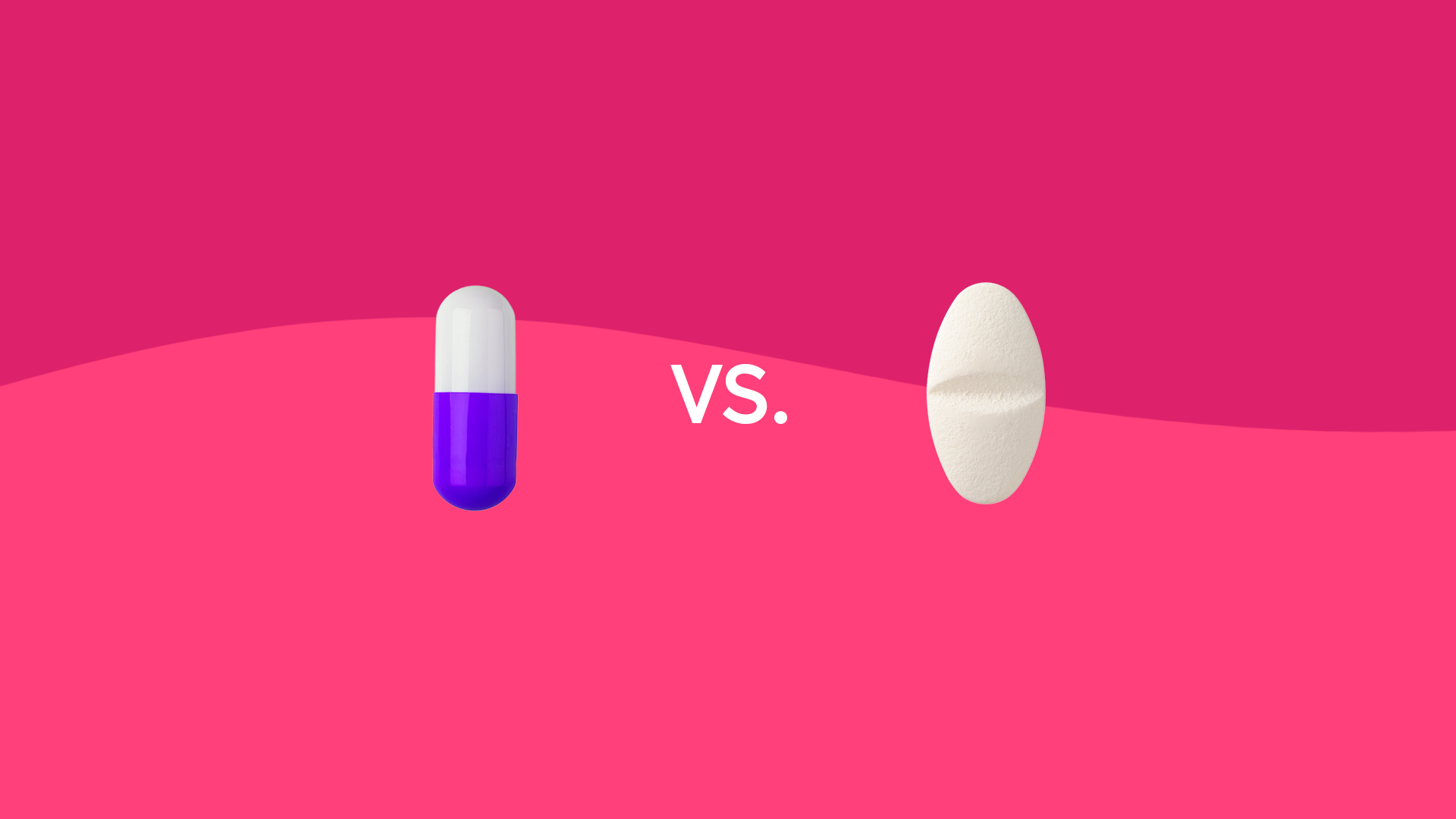 Prozac vs. Xanax: Differences, similarities, and which is better for you
Prozac vs. Xanax: Differences, similarities, and which is better for youCall Us: Prozac Addiction and TreatmentProzac Addiction and TreatmentTabla de contenidosThe original "happy wing" was the fluoxetin, most commonly known as Prozac. This medication, approved for use in 1987, was the first drug of its kind to be prescribed and marketed on a large scale. The use of this medication is very common, especially for the treatment of , but it is not without your risks. This article will explain why Prozac is used, what are the risks of using long-term fluoxetin, and how its use can be safely terminated in a . What is Prozac and how is it used? Prozac is an antidepressant medication. Also known for its generic name, fluoxetin, this drug is currently approved by the United States Food and Drug Administration (FDA) for the treatment of major depressive disorders (MDD), obsessive-compulsive disorder (OCD), nerve bulimia, panic disorder, and also for premenstrual dysphoric disorder (PMDD), which is more severe than premenstrual syndrome. It also prescribes "off-label" (which means that FDA does not approve these uses) for , obesity, binge eating disorder, premature ejaculation, body dismorphic disorder, dystypia and post-traumatic stress disorder (PTSD). Fluoxetin is typically used to treat in adults but can be used in smaller doses to treat depression in children and adolescents over 10 years of age. Prozac helps to elevate mood and energy levels, improve sleep and increase appetite. It also works to decrease anxiety and fear and to suppress unwanted thoughts. Fluoxetin can help decrease the number of panic attacks a person has and decrease their severity. How common is Prozac? Prozac and its generic equivalent, fluoxetin, are commonly prescribed by doctors. In 2017, 21,913,276 recipes for fluoxetin were written in the United States, making it the 31st most commonly prescribed medication in the country for that year. The recipes for fluoxetin peaked in 2015 when it was the 20th most prescribed medication. Is Prozac a controlled substance? Controlled substances are defined as drugs that have a high potential for abuse and addiction, according to the 1970 Controlled Substances Act. Drugs that are consistent with the definition of controlled substances are listed in the schedules of substances controlled according to the level of risk of abuse and addiction, determined by the Drug Control Agency of the United States Department of Justice (DEA). DEA does not consider that fluoxetin has a high risk of abuse or addiction, so it is not ready in the schedules of controlled substances. What are the ISRS? Fluoxetin belongs to a class of medications known as selective serotonin reuptake inhibitors or SSRI. They work by blocking the reabsorption of serotonin, a neurotransmitter, by neurons in the brain. This leaves more serotonin available to transmit signals between brain neurons, relieve depression. ISRS are the most commonly prescribed antidepressants in the United States. They are considered safe and have less side effects than other antidepressants. While the SSRI, including Prozac, are considered safe in most cases, there are some circumstances in which caution is justified with respect to fluoxetin. These circumstances are: Taking painkillers, such as warfarin or nonsteroidal anti-inflammatory drugs (NSAIDS). Fluoxetin also acts as a thinning of the blood, so combining it with these drugs increases the risk of bleeding. When the person is under 25 years old, some teenagers and young adults have developed suicidal tendencies after taking SSRI medications. By taking other antidepressant medications or supplements to improve mood, as these may decrease Prozac's effectiveness or may cause dangerous drug interactions. When you are pregnant, ISRS can damage the baby. Prozac Misuse and AbuseEven though fluoxetin is not in the schedules of controlled substances, people abuse it sometimes. People who abuse him often have a history of substance abuse and usually use it in combination with other drugs. A 2014 literature review on abuse and abuse of antidepressants found a small number of cases of fluoxetin abuse by people who had multiple drug abuse stories, as well as mental illness stories. These people abused fluoxetin by taking it in large quantities or taking it for reasons other than depression, such as the use of it as an appetite suppressant. There were also a couple of cases of people who used intravenous fluoxetin, or who opened the drug capsules and sucked into the dust. Street names for Prozac include: Happy PillsWonder DrugBottled Smilies Miracle Drugs Fluoxetin and other antidepressants are misused or abused if they are taken in high doses or combined with other medicines. Statistics from the Centers for Disease Control from 1999 to 2017 show a steady increase in overdose deaths involving antidepressants, from 1,749 in 1999 to 5,269 in 2017. The following chart shows separately the deaths caused by antidepressant overdose without any other involvement of drugs (Series 1), the deaths caused by antidepressants combined with opioids (Series 2) and the deaths caused by antidepressants combined with other synthetic drugs (Series 3): As shown by this graph, the number of deaths from overdose due to synthetic or antidepressant rhythms combined with more Note the strong increase in deaths due to synthetic narcotics between 2014 and 2017. These increases are consistent with national increases in overdose deaths due to opioids and the involvement of synthetic drugs in general. Prozac Side Effects Common side effects of fluoxetin are as follows: Sleep or insomnia DrymouthHeadacheNauseaDiarreaIndectionFatigueSweating Sexual Side Effects Serious side effects include: SweatingAngle-closure glaucoma Tooth Rectification QT prolongation and ventricular arrhythmia A severe side effect that may occur with the use of fluoxetin is serotonin syndrome. This condition occurs when too much serotonin is accumulated in the body. Symptoms of serotonin syndrome include: ShiveringGoosebumpsHeadacheDouin students Heavier sweat Agitation/desperience Rapid heart rate High blood pressure Displacement or loss of coordination If serotonin syndrome becomes severe, the following symptoms may occur: High feverHeartbeatSeizuresUnconsciousnessSerotonin syndrome may be fatal if not treated promptly. Medical professionals should treat this condition. Long-term effects of ProzacIf taken as prescribed by a doctor, Prozac is generally safe to use for the conditions mentioned above. Fluoxetin and other antidepressants were originally designed to be taken in the short term. However, many doctors and psychiatrists have continued to prescribe these medications for people who have taken them for years. A data analysis completed by The New York Times, using data from the National Health and Nutrition Survey, found that nearly 7% of adults in the United States have taken antidepressants prescribed for at least 5 years. White women over 45 years of age represent 58% of this group. Stop is difficult It has been assumed for a long time that the use of Prozac, either short or long term, is safe. However, patients who have tried to suspend the use of fluoxetin after long use have often found it extremely difficult to stop, even when the medication is gradually suspended under the supervision of a doctor. Not everyone who stops taking fluoxetin experiences abstain, but many people do. A study of long-standing antidepressants found that, of 180 patients, more than 130 reported withdrawal symptoms, and nearly half of the study participants reported feeling addicted to antidepressants. New Zealand StudyOnly in recent years researchers have begun to examine the effects of long-term use of fluoxetin, as well as its withdrawal symptoms. A study conducted in New Zealand examined 250 patients who had been taking fluoxetin for two or more years. Half of the participants received gradually recorded dose of fluoxetin, and the other half received a consistent amount of the drug. Researchers followed participants for eighteen months. The study found that those who took the recorded doses experienced withdrawal symptoms. In some cases, these were so severe that patients had to start taking the medication again, even when the drug was gradually dropped for months. Prozac Retreat SymptomsWhile fluoxetin is not considered an addictive drug, the medication makes changes in brain chemistry that cause people to take it to depend on it. Long-term dependence on drugs is not the ideal situation for most people and many who take antidepressants such as fluoxetin try to lower their doses on their own or stop taking their medication completely. If fluoxetin stops abruptly, or if the dose is decreasing too quickly, however, the following withdrawal symptoms may occur:IrritabilityNightmaresNausea and vomiting Headaches Dizziness Tingling or prickliness of the skinDiscontinuation Syndrome Symptoms of withdrawal that occur when the use of an antidepressant is finished are referred by medical professionals as discontinued syndrome. These symptoms for other antidepressants are similar to the withdrawal symptoms for Prozac listed above, but may occur in different degrees of severity. Some medications cause more severe symptoms of discontinued syndrome than others, mainly due to the rapid withdrawal of medications from the body. This period of elimination is often compared in terms of the "average life" of the medication, the time it takes for the concentration of a medication in the bloodstream to be reduced by half. On average, the symptoms of discontinued syndrome last from 1 to 2 weeks, but may be present for a year, depending on the medication and how long the person has taken that medication. 20% of patients will develop discontinued syndrome It is estimated that about 20% of patients who have taken antidepressant for a month or more develop discontinued syndrome, or antidepressant withdrawal, after stopping the use of the medication. Curiously, fluoxetin has the longest half-life of all SSRI medications, so it is associated with the lowest risk of discontinued syndrome. In fact, fluoxetin is often used as treatment for discontinued syndrome when a person is finishing the use of another SSRI medication. This refers to when seen in the light of the research results mentioned above, which indicates that fluoxetin carries the same risk of discontinued syndrome. Since fluoxetin is often used to treat long-term mental health conditions, such as sexually transmitted disorder disorder disorders, discontinued syndrome may be more severe for these patients than for patients who use Prozac in the short term to manage withdrawal symptoms. However, precaution should be taken when fluoxetin is suspended and the use of any antidepressant should be terminated under the supervision of a doctor. Treatment for Prozac Dependency Treatment types used to end the dependency of fluoxetin depend on the circumstances surrounding how the medication is used. For people who abuse Prozac or take it in an attempt to self-medicate, treatment should focus on any other substance that is abused along with fluoxetin and on the conditions that people are trying to treat. For example, a person who takes fluoxetin as an appetite suppressant should be treated for the consumption disorder associated with this drug use. People who use fluoxetin and alcohol or fluoxetin and opioids together should be treated for the abuse of these substances. As indicated above, people who want to end the medically prescribed use of fluoxetin should do so under the supervision of their doctors. Stopping Prozac "cold turkey" is not recommended due to the withdrawal symptoms mentioned above. Prozac should be gradually ceded until a person can work without the medication without withdrawal symptoms. The longer Prozac takes, the longer it takes to shorten the medication. In some cases, this may take months or even more than a year. Continuous support while Quitting ProzacIt is important to remember that as Prozac is recorded, the symptoms that the medication was used to treat can return. A person who used fluoxetin for major depressive disorder may experience depression symptoms again. People with obsessive-compulsive disorder may experience more intrusive thoughts. These symptoms should be monitored and administered if they occur. In some cases, a person may need to discuss the pros and cons of terminating the use of fluoxetin with his doctor, as ending drug use may be worse than staying in it. People who want to end the use of Prozac should also continue with other treatments they have received for their respective conditions. Therapy, counseling, educational services and social support should be in place before a person begins to end the use of Prozac, only in case the symptoms of the condition reappear. These services will help the person manage those symptoms while the medication is recorded. If a person has not required services for a while because the condition is stable, you must ensure that contact with service providers is restored before you record Prozac. Periodic monitoring by a therapist or counselor can help the patient and doctor manage symptoms and determine the stability of the patient's condition in general as the medication is recorded. Finding Recovery of Addiction In general, Prozac is a safe medicine for the treatment of mental health conditions for which FDA has approved and in the short term. Using Prozac to self-medicate can be dangerous, so Prozac should always be used under the supervision of a doctor. Prozac's long-term use can cause drug dependence, so ending the use of Prozac should always be done under the supervision of a doctor. People who want to end Prozac's use should not try to give up on their own, but should seek help. ResourcesExplore Enter TouchCall Us: © 2021 Laguna Shores Behavioral Health27381 Via Primero, Mission Viejo, CA 92692 Quiet Marketing by
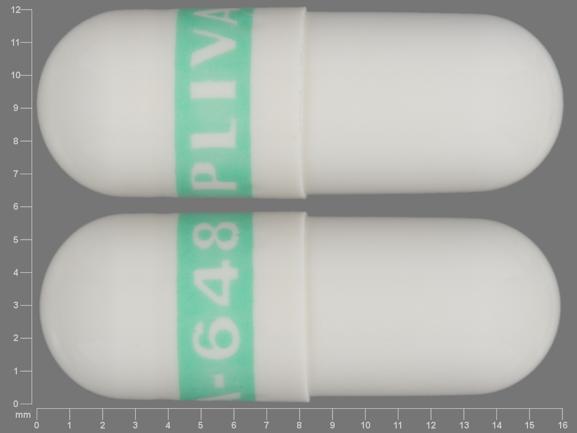
Fluoxetine: Drug Uses, Dosage & Side Effects - Drugs.com
Prozac (fluoxetine): Basics, Side Effects & Reviews
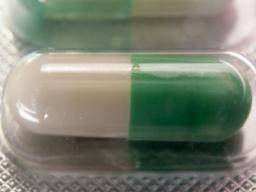
Prozac (fluoxetine): Side effect, dosage, withdrawal and uses
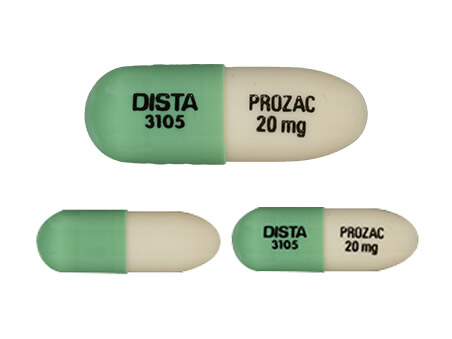
Prozac Side Effects, Dosage, Uses, & Drug Interactions - Drugwatch.com
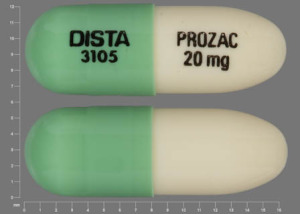
Prozac Uses, Dosage, Side Effects & Warnings - Drugs.com
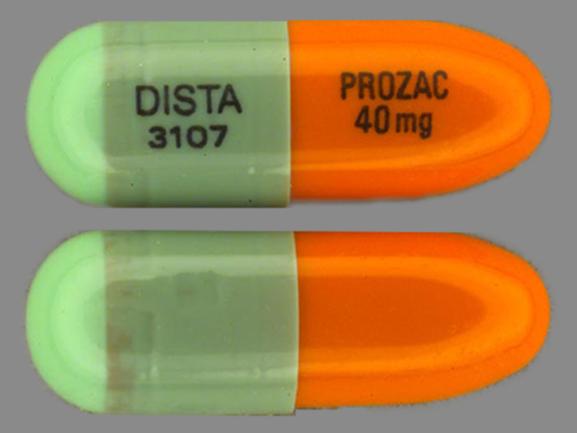
DISTA 3107 PROZAC 40mg Pill Images (Green & Orange / Capsule-shape)

Difference Between Alprazolam (Xanax) & Fluoxetine (Prozac)?
Prozac (fluoxetine): Basics, Side Effects & Reviews

Fluoxetine - Wikipedia
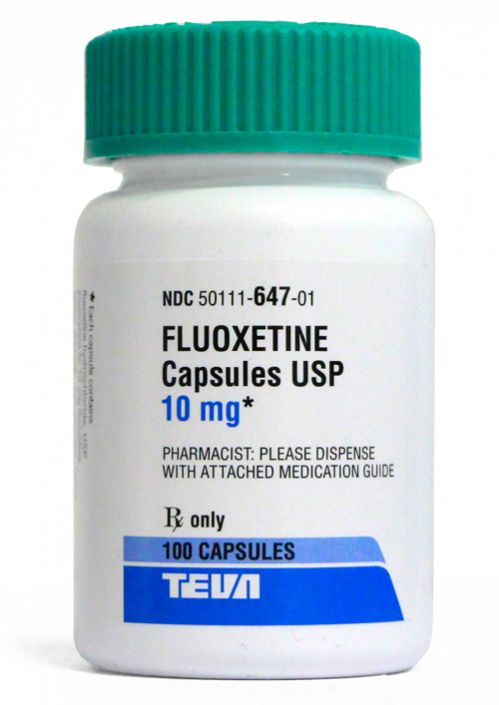
Order Fluoxetine - Who prescribes medication?

Fluoxetine - Wikipedia
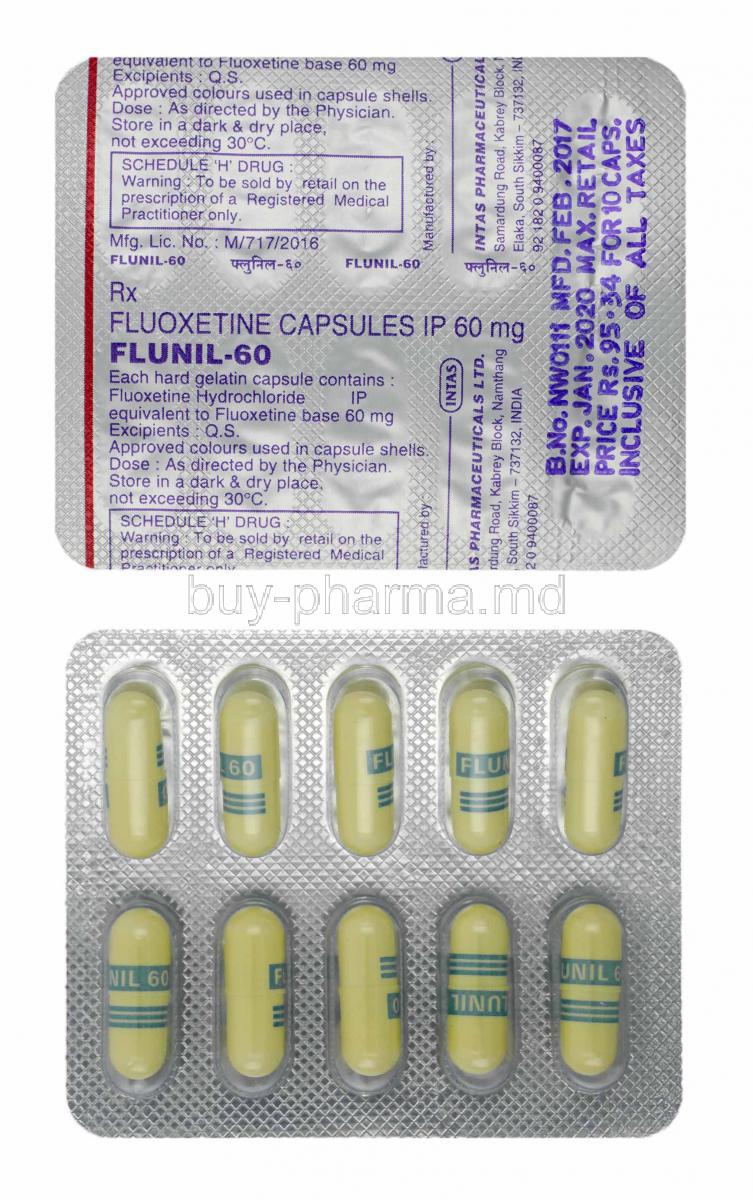
Order Fluoxetine - Who prescribes medication?
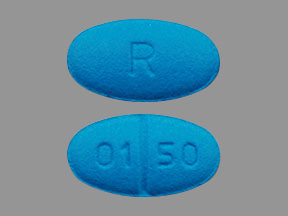
R 01 50 Pill Images (Blue / Elliptical / Oval)

Which anti-anxiety medication is right for me? - Vital Record

Fluoxetine - Wikipedia
/drug-test-56af37143df78cf772c1a62f.jpg)
How Antidepressants Show Up on a Drug Test

The Adverse Side Effects of Smoking Marijuana While Taking Prozac

Prozac vs. Zoloft: What's the Difference?

Prozac for Dogs - Smart Dog Owners

E 88 Pill Images (Green / Capsule-shape)

Is Trazodone a Narcotic or a Controlled Substance? | The Recovery Village Drug and Alcohol Rehab

Difference Between Alprazolam (Xanax) & Fluoxetine (Prozac)?

Prozac vs. Zoloft: What's the Difference?
Fluoxetine - Wikipedia
Is prozac a controlled substance - Hampstead Chiropractic Clinic

Drug | chemical agent | Britannica
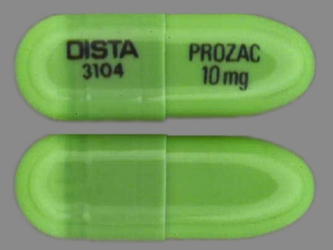
Prozac - Side Effects, Uses, Dosage, Overdose, Pregnancy, Alcohol | RxWiki
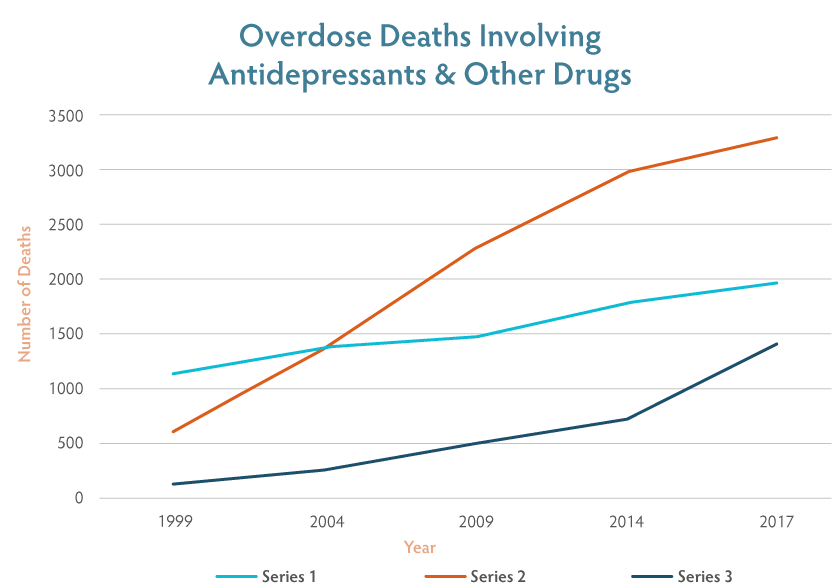
Prozac: Effects, Withdrawal & Addiction | Laguna Shores

E 92 Pill Images (Green & Orange / Capsule-shape)

Prozac: Effects, Withdrawal & Addiction | Laguna Shores

Prozac vs. Zoloft: What's the Difference?

Prozac | Abuse, Side Effects, Detox, Withdrawal and Treatment

Opioid epidemic: 25 most dangerous drugs, side effects, death rates
Prozac (fluoxetine): Basics, Side Effects & Reviews
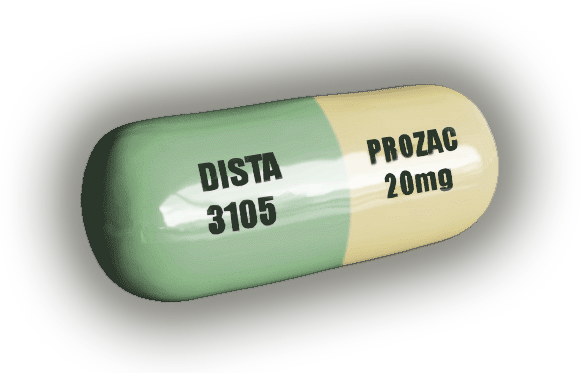
Anorexia on Prozac | Psychology Today

The addition of fluoxetine to cognitive behavioural therapy for youth depression (YoDA-C): a randomised, double-blind, placebo-controlled, multicentre clinical trial - The Lancet Psychiatry

Prozac use could increase birth defects in pregnant women, says study | The Independent | The Independent

Difference Between Alprazolam (Xanax) & Fluoxetine (Prozac)?

Nobody can agree about antidepressants. Here's what you need to know | New Scientist
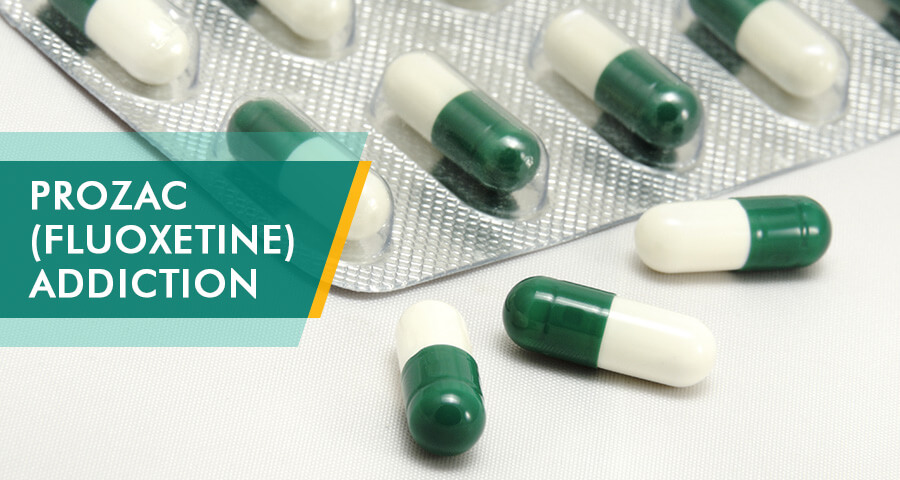
Is Prozac Addictive? Pros and Cons of Fluoxetine Medication
Posting Komentar untuk "is prozac a controlled substance"